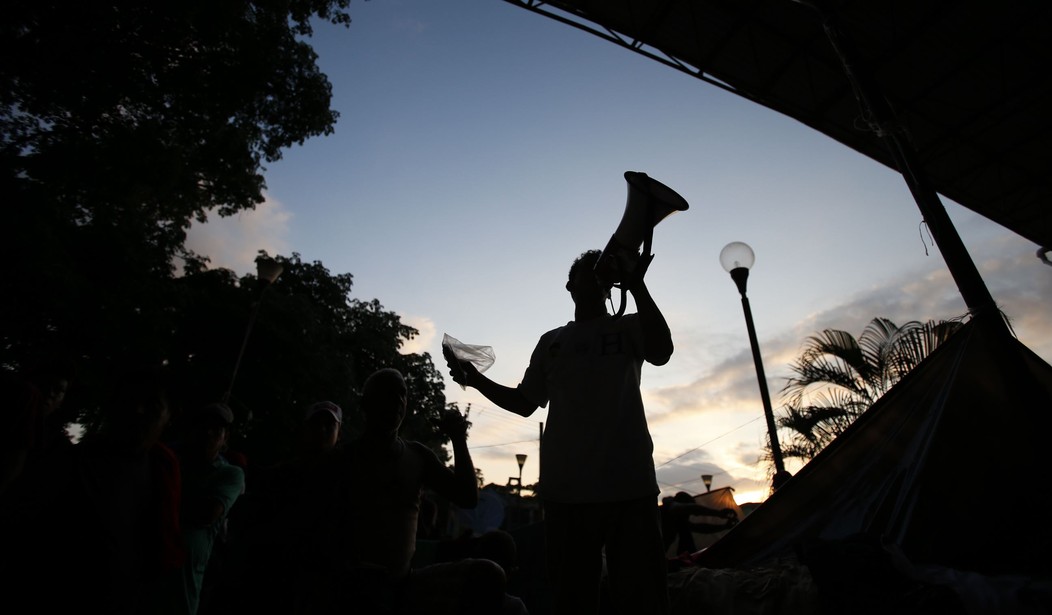Last month marked the 200th birthday of Ulysses S. Grant, a man second only to Abraham Lincoln in his contributions to ending slavery and saving the Union during the Civil War, but whose legacy today is often under assault for his other imperfections, as we view him through a 21st century lens.
As a former history teacher, overcoming this tendency to read history backwards was one of my greatest challenges, and it continues to be an educational struggle in the classroom today. Historical empathy calls for a deep understanding of people’s actions in the past, multiple forms of evidence and perspective, and an intellectually healthy degree of separation from the topic and time period that is being studied. Essentially, invite students to understand the context of history by teaching kids how to suspend their present world views when examining the past. When we instruct them how to thoughtfully investigate history, we foster the skills to critically examine the present and confidently participate in evidence-based, nonpersonal debate.
I know that sounds like a fantasy in the current moment. The hyperpartisan rhetoric we are bombarded with on a daily basis is undeniably relentless. Through our TVs and smartphones, we are constantly being fed pithy tweets and ad hominem attacks that lead to a click-bait argumentative abyss. Whether it’s a battle over the historical significance of 1619 versus 1776, the art of debate has been replaced by a shoutfest measured in virality, decibels, and absolutism.
To be sure, recent polling shows that we still regard debate as a valuable tool of discourse. With the RNC’s recent decision to withdraw from the bipartisan Commission on Presidential Debates, 83% of all voters polled agreed that it is important for presidential candidates to participate in debates. While the form of debate is still recognized as an essential component of maintaining the health of our democratic republic, the content of debate has certainly become more divisive. This is a shame, because thoughtful, informed debate is one of the most powerful instructional tools for teaching our children how to be effective citizens.
Recommended
In fact, a promising indication of hope for debate can already be found in our kids today outside the classroom. While the Senate was conducting their Supreme Court nomination hearings earlier this month – which is now fraught with partisan questioning – I had the privilege to witness kids across the country critically debate on the topic of instituting term limits on Supreme Court Justices. One of the most impactful parts of competitive debate, is that the students must prepare for and argue both sides of the debate, rather than rigidly adhere to a few talking points as is often the case for public debate at the highest (and lowest) levels.
Whether students debated remotely or in-person, their well-crafted, policy-focused arguments leaped off the screen and off from the podium. I was amazed, but also not surprised, that these kids were engaging in high-level policy debates on-par with, and in some instances surpassing, their senior counterparts. In preparing for their academic debates, they carefully examined everything from the Constitution to a long history of policies and political debate. They then had to summarize and deliver the most effective arguments and illustrations for their side. By grappling with resources and acquiring a deep understanding of the opposition, these kids were able to unlock the power of critical thinking and gain confidence in their own public speaking and communication skills.
Studies have also shown that competitive debate participation has been linked to improved academic performance and college readiness. Outside of academic benefits, studies have also shown debate has positive outcomes for strong social-emotional development and self-efficacy. We shouldn’t shield our kids from debate, we should encourage them to embrace it and learn how to engage in it with more informed empathy. Through our programs, both in-person and our new online courses, we aim to empower students with these very skills.
Furthermore, by wrestling with history outside of a textbook, and by giving kids the debate podium, they can learn from experience and actively interact with primary and secondary resources on a deeper level. Empowering kids with the true power of debate by teaching them how to historically empathize both on the debate stage and off the debate stage, will also cultivate present-day empathy and turn the tides of polarization. Believe it or not, when we host our national championship in July, the students leave the competition as friends.
Indeed, as the Civil War came to a close, both Lincoln and Grant knew that the best way to destroy your enemy was not through battle, or through Twitter, or through the media. “The best way to destroy an enemy is to make him a friend,” said Lincoln. At Appomattox, Grant tipped his cap to his vanquished foes as a sign of respect.
It should not be 1619 versus 1776, and it should not be school boards versus parents or Fox versus CNN. We should discuss all timelines of history within their proper contexts, and debate meaningfully despite our differences. Through empathetic historical inquiry and debate, the next generation can usher in the restoration of informed, civil discussion.
Anthony Pennay is the Chief Learning Officer of the Reagan Foundation, which has created Reagan Academy, an e-learning program that offers courses in leadership, communication, and decision-making.

























Join the conversation as a VIP Member